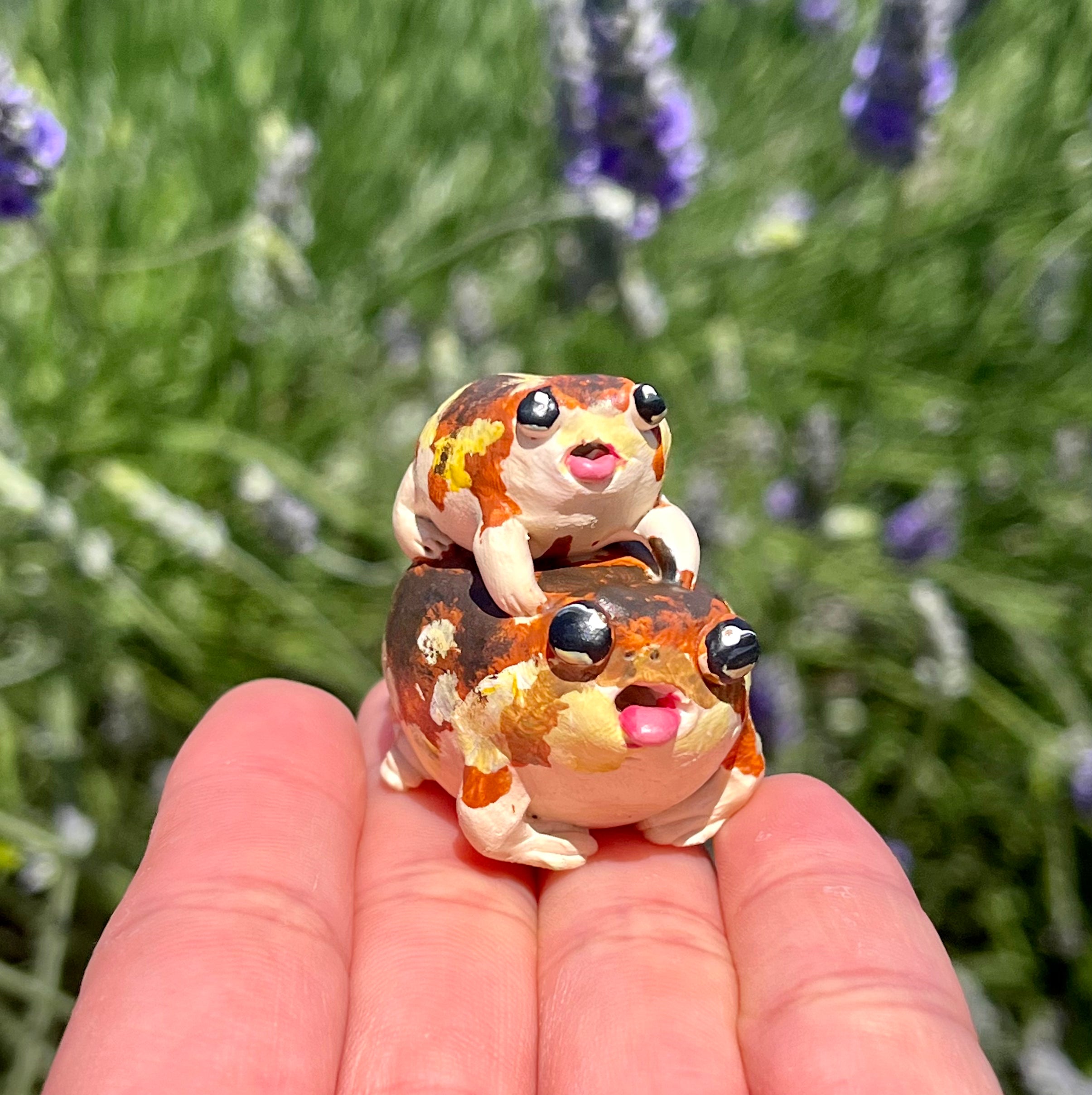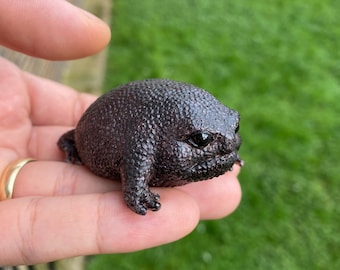Common Health And Wellness Issues in Reptiles: Symptoms and Solutions
In the detailed world of reptile care, comprehending the common health problems that may impact these distinct creatures is extremely important in guaranteeing their health. Whether it's grappling with parasitical infestations, navigating dehydration concerns, or dealing with skin conditions that show up in subtle ways, being attuned to the signs and symptoms and furnished with the knowledge of efficient solutions is essential for any type of reptile proprietor.
Respiratory Infections
Breathing infections in reptiles can significantly influence their overall wellness and need timely attention from knowledgeable veterinarians. In reptiles, respiratory infections can be especially testing to identify and treat due to their special composition and physiology.
Therapy for breathing infections in reptiles commonly involves a mix of supportive treatment, such as preserving appropriate moisture levels and temperature gradients in the room, in addition to targeted medicine to address the specific virus accountable for the infection. It is essential for reptile proprietors to monitor their animals closely for any signs of respiratory system distress and seek vet care at the earliest indication of a concern. With prompt treatment and appropriate treatment, numerous reptiles can recoup fully from breathing infections and resume typical activities.

Metabolic Bone Condition
What variables contribute to the growth of Metabolic Bone Illness in reptiles?
Metabolic Bone Disease (MBD) in reptiles is largely caused by an absence of correct calcium, phosphorus, and vitamin D3 degrees in their diet. When reptiles do not obtain sufficient calcium, either via their food or appropriate UVB exposure for vitamin D3 synthesis, they are at a high threat of developing MBD. Reptiles with diet regimens low in calcium or unbalanced calcium to phosphorus ratios are specifically vulnerable. In addition, insufficient direct exposure to UVB light prevents reptiles from manufacturing vitamin D3, which is essential for calcium absorption and bone health.
Various other adding elements to MBD include incorrect temperature level gradients within the reptile's habitat, leading to reduced metabolic rate and damaged calcium absorption. Not enough humidity degrees can also influence a reptile's capacity to metabolize calcium properly. In addition, particular reptile species have particular nutritional requirements that, otherwise fulfilled, can enhance the chance of establishing MBD. Regular veterinary exams, proper husbandry practices, and a well balanced diet regimen are vital to avoid Metabolic Bone Disease in reptiles.
Parasitic Infestations
Parasitic infestations posture a significant health risk to reptiles, influencing their total well-being and needing timely vet interest. Reptiles can be influenced by numerous parasites, consisting of mites, ticks, internal worms, and protozoa. These bloodsuckers can cause a variety of symptoms, such as weight loss, lethargy, skin inflammation, diarrhea, and even death if left untreated.
One typical bloodsucker located in reptiles is the mite, which can cause skin irritability, anemia, and tension. Ticks are an additional outside parasite that can cause and transmit illness pain to the reptile. Inner bloodsuckers like worms and protozoa can result in gastrointestinal problems, lack of nutrition, and deteriorate the reptile's immune system.
To diagnose a parasitical invasion, a veterinarian might do fecal examinations, skin scrapings, or blood tests. Therapy typically includes deworming drugs, antiparasitic baths, or in extreme situations, a hospital stay. Preventative steps such as routine veterinary examinations, appropriate health, and quarantine procedures for new reptiles can help lessen the danger of parasitical problems and guarantee the health of reptile animals.
Dehydration and Hydration Issues
Dehydration in reptiles can dramatically impact their health and wellness and health, necessitating timely intervention and suitable hydration administration. If left without treatment, dehydration can lead to serious health and wellness concerns and even be fatal to the reptile.
To avoid dehydration, reptile proprietors ought to guarantee that their pet dogs have access to clean water in all times. The water meal ought to be huge enough for the reptile to take in if required, specifically for species that absorb water via their skin. In addition, keeping proper humidity degrees in the reptile's enclosure and offering regular baths can assist protect against dehydration.
In cases of dehydration, it is essential to seek veterinary care immediately. A vet might carry out liquids either by mouth or via injections to rehydrate the reptile. It is essential to address the underlying root cause of dehydration to avoid reoccurrence and guarantee the reptile's total wellness.
Skin Conditions

Final Thought

Breathing infections in reptiles can dramatically influence their general health and wellness and call for timely attention from skilled veterinarians (rain frog for sale). Preventative measures such as regular vet exams, proper hygiene, and quarantine procedures for brand-new reptiles can assist lessen the risk of parasitic invasions and make certain the health of reptile animals
If left neglected, dehydration can lead to severe health problems and also be deadly to the reptile.
On a regular basis evaluating your reptile for any kind of modifications in skin color, look, or appearance can aid in very early discovery and therapy of skin ailments, promoting the total wellness and health of your flaky friend. - check that rain frog for sale
In conclusion, reptiles are susceptible to different wellness issues such as respiratory infections, metabolic bone disease, parasitical infestations, dehydration, and skin conditions.